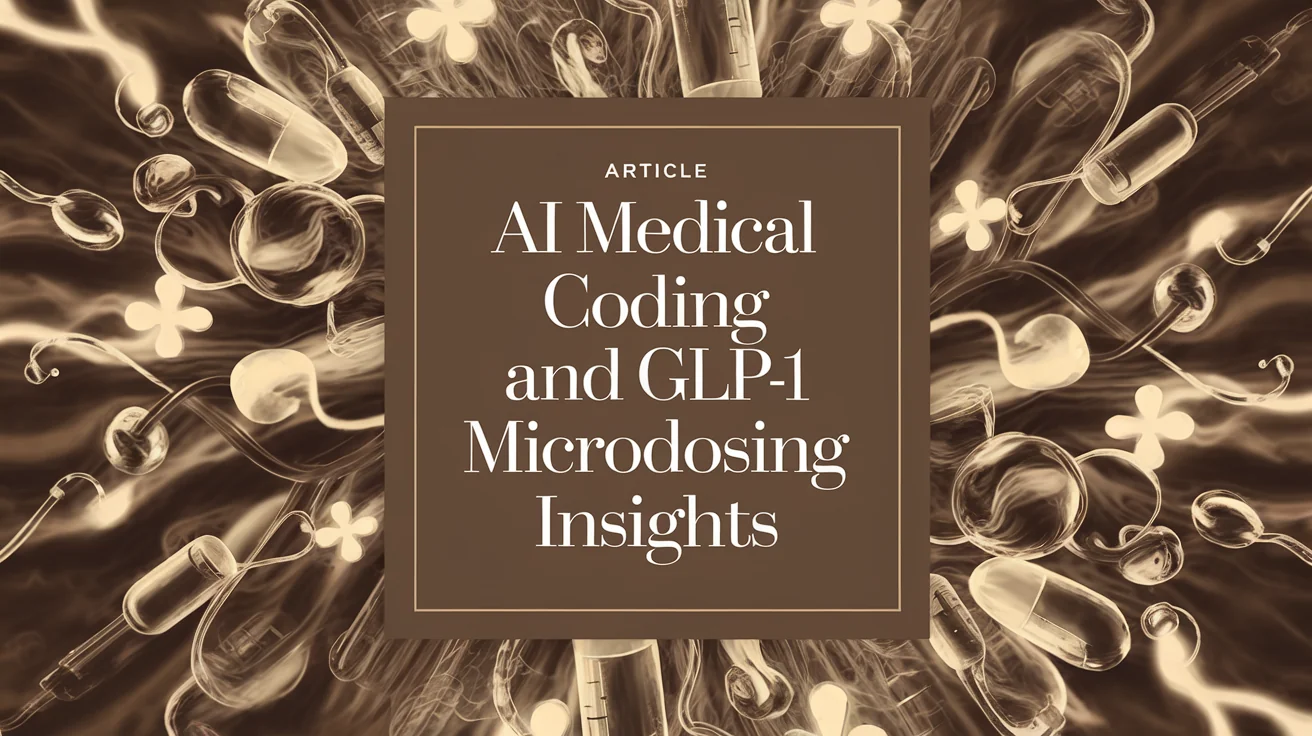AI Medical Coding and GLP-1 Microdosing Insights

In the evolving landscape of health technology, telehealth companies such as Noom, Found, and Hims & Hers have recently initiated programs to prescribe what they call microdosed GLP-1 medications. These small doses are marketed as capable of delivering various health benefits. However, as reported by Katie Palmer, credible scientific evidence supporting these claims is noticeably lacking.
This trend is part of a broader effort by telehealth firms and their compounding pharmacy partners to capitalize on the growing demand for diabetes and obesity medications. By focusing on microdosing, these companies aim to enhance their profitability while navigating the competitive landscape of the health tech industry. Still, it is crucial for consumers to remain vigilant and critical regarding the purported benefits of these emerging treatment strategies.
The intersection of artificial intelligence in medical coding could play a pivotal role as well, streamlining processes and potentially improving accuracy in diagnosing and treating conditions related to obesity and diabetes.